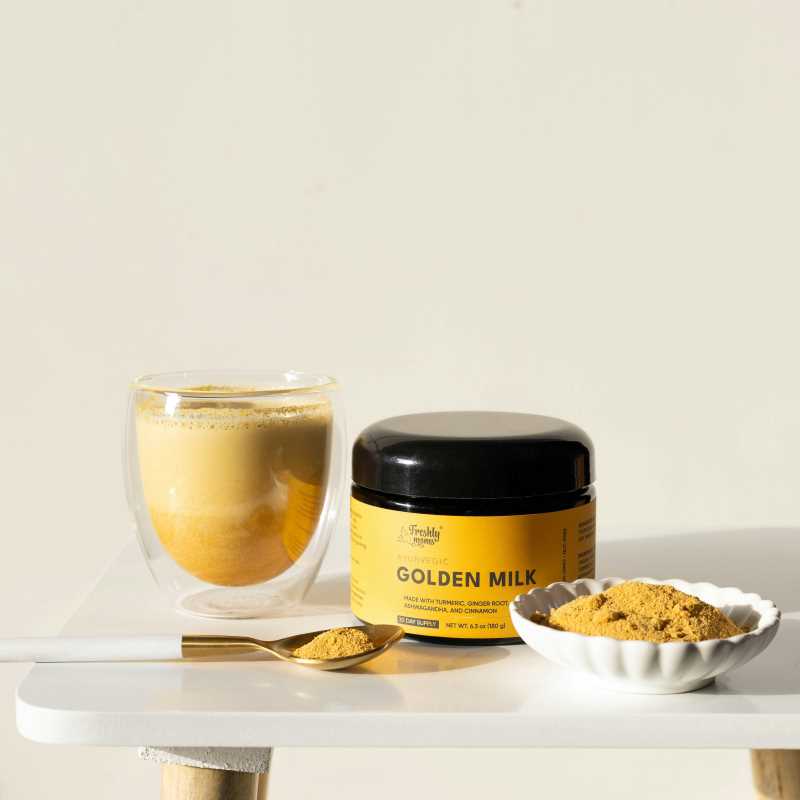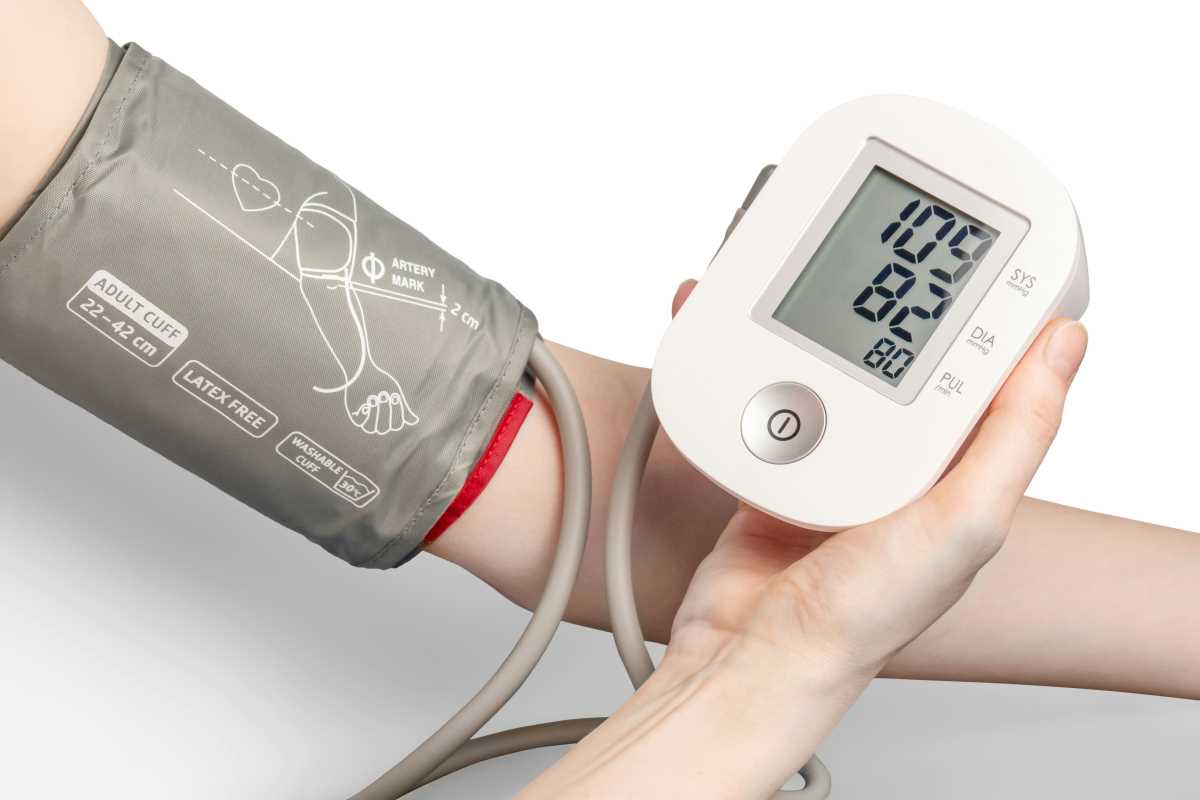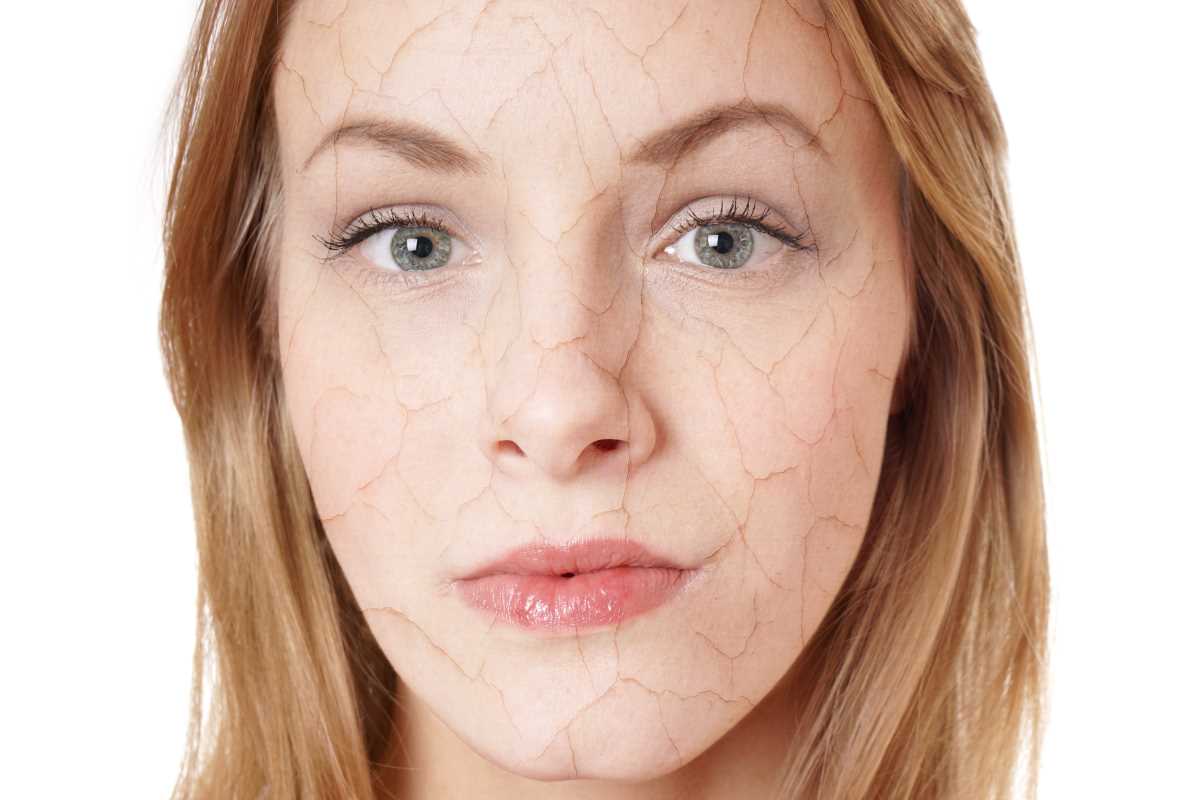Vitamin D is often called the “sunshine vitamin,” a nickname that makes it sound as cheerful as a spring day. But don’t be fooled by the sunny association; low levels of this crucial nutrient can leave you feeling anything but bright and lively.
Vitamin D is one of those quiet multitaskers in the background, helping your body absorb calcium, maintain immune function, and regulate mood. The tricky part? Deficiency symptoms can sneak up on you, disguising themselves as everyday fatigue or random aches and pains. Here’s what to watch for and, most importantly, how to fix it.
Feeling Like an Exhausted Zombie
Sure, everyone feels tired once in a while, but if you’re dragging yourself through the day even after a solid night’s sleep (assuming you can get one), vitamin D might be the missing piece of the puzzle.
Low levels of vitamin D can interfere with how your muscles and cells produce energy. Essentially, your body’s little power generators, known as mitochondria, aren’t running at full capacity. It’s like fueling a car with just enough gas to get to the next station but never enough for a proper road trip. The result? You feel drained, sluggish, and ready to hitch a ride on the exhaustion express.
To reclaim your energy, stepping into the sun for about 15-20 minutes daily is a great start. Your skin naturally produces vitamin D when exposed to sunlight, which is the most efficient way to boost levels. Live somewhere where sunlight feels like a myth (we see you, Seattle)? Incorporate fatty fish like salmon or mackerel into your diet, or consider vitamin D supplements after consulting with your doctor.
Small lifestyle tweaks can reignite your energy:
- Spend midday breaks outside walking or sitting in the sun
- Add egg yolks or fortified orange juice to your breakfasts
- Try a daily supplement containing 600-800 IU of vitamin D (or as directed)
Before you accept fatigue as “just life,” check your vitamin D. You’d be amazed how much a sunny turnaround can improve your day.
Mysterious Aches that Seem to Appear Out of Nowhere
That dull ache in your back? The stiffness in your knees? It’s tempting to write off random body pain as aging, bad posture, or simply sleeping in a weird position. But chronic, unexplained aches might be a whisper from your skeleton, telling you it’s missing its BFF, vitamin D.
Without enough vitamin D, your body struggles to absorb calcium properly, leaving your bones weaker over time. This can result in discomfort, particularly in areas like the lower back or joints, where your bones quietly take the most load each day. If the issue continues unchecked, it may lead to more serious conditions down the road, like osteomalacia (soft bones).
Recovery starts with food. Loading up on calcium-rich items like yogurt, almonds, and leafy greens helps, but without adequate vitamin D, that calcium can’t perform its bone-strengthening magic. A trip to your doctor for a blood test will confirm if insufficient vitamin D is the culprit, and supplements (or injections, in severe cases) can step in to fill the gap.
Bone-soothing strategies to try:
- Snack on vitamin D-fortified foods, like cereals or plant-based milks
- Rotate sources of fatty fish to keep your meals versatile and nutritious
- Engage in weight-bearing exercises, like walking or resistance training, to strengthen bones
Next time you groan over achy joints, remember your body may just be asking for some sunlight or a side of salmon. Treat it kindly, and it’ll thank you.
Immune System Acting Like It’s Out of Office
Do you feel like you catch every cold that blows through your friend group or office? That’s not bad luck; it might be your immune system begging for backup. Vitamin D significantly impacts immune response, acting like a coach that helps your immune cells do their job efficiently. Without it, you’re left playing defense with a team that’s short a player or two.
Research suggests that individuals with optimal vitamin D levels are less likely to succumb to respiratory infections and might even experience fewer symptoms when they do get sick. It’s essentially your body’s way of saying, “I’ll handle this.” Without that extra boost, you might find yourself saying “gesundheit” far more often.
Boosting your defenses starts by addressing your diet. Mushrooms exposed to sunlight are one of the rare plant-based sources of vitamin D, perfect for soups, stir-fries, or veggie-packed pastas. On top of that, regular supplementation during less sunny months (or all year round, depending on your geographic location) can ensure your immune army is well-equipped.
Here’s how to armor up:
- Try roasted mushrooms as a versatile snack or side dish
- Commit to a daily supplement during cold and flu season
- Pair vitamin D-rich foods with healthy fats to aid absorption
With a revitalized immune system, you won’t just survive cold season; you’ll conquer it, with fewer tissues in tow.
Feeling Down and Moody for No Apparent Reason
Do you feel like life’s gone a little gray, even when the sun is shining? Vitamin D and mental health are intricately linked, and a deficiency can often manifest as an unexplained dip in your mood. Some studies even suggest a connection between low levels of vitamin D and an increased risk of depression.
Vitamin D receptors are found in the brain, particularly in areas associated with mood regulation. When those vitamin D “locks” have no keys to turn them on, brain chemistry can get out of whack. The result? You may feel unusually irritable or flat.
Start a mood rescue mission by incorporating vitamin D in its natural and supplemental forms. Spending time outside is a powerful and free remedy (hello, light therapy). Even if you’re just sipping tea on your balcony, those rays can make a mental difference. Pairing sunlight exposure with a nutrient-packed diet supercharges the mood boost.
Mood-lifting strategies might include:
- Scheduling daily outside “sun breaks,” even if they’re brief
- Trying cod liver oil capsules, which often pack in both vitamin D and omega-3s
- Carving time out for movement, from yoga by a sunny window to a walk in the park
Brightening your outlook could be as simple as tweaking your vitamin D intake. It’s like giving your happiness a tiny, glowing assist.
Struggling to Heal Cuts, Bruises, or Breaks
Have you noticed that every paper cut takes forever to heal, or your kneecaps remind you of simpler times when you didn’t have a constant bruise collection? Sluggish healing can also be connected to vitamin D deficiency, making it harder for your body to repair damaged skin, tissue, or bones efficiently.
Vitamin D plays a starring role in activating proteins responsible for tissue growth and repair. Without it, your body basically says, “Could we circle back to this some other time?”, leaving small injuries lingering far longer than necessary.
To speed up recovery, prioritize whole, nutrient-dense foods alongside vitamin D intake. Focus on anti-inflammatory and collagen-supportive foods like berries, leafy greens, and nuts. For more serious deficiencies, doctor-prescribed supplements can make all the difference.
Tips for a heal-and-seal operation:
- Enjoy colorful salads overloaded with spinach and berries
- Up your intake of nuts and seeds, rich in zinc, which assists immune and tissue repair
- Check injuries for slow progress and bring it up with your physician if it’s constant
Vitamin D deficiency might be the silent saboteur making you feel perpetually off your game. But the good news? Catching these hidden signs early makes all the difference.
By dialing up your sunshine exposure, tweaking your meals, and leaning on the right supplements, you can rebuild your reserves and bolster your vitality. A little effort goes a long way toward feeling energized, emotionally balanced, and strong to the bones.
 (Image via
(Image via





